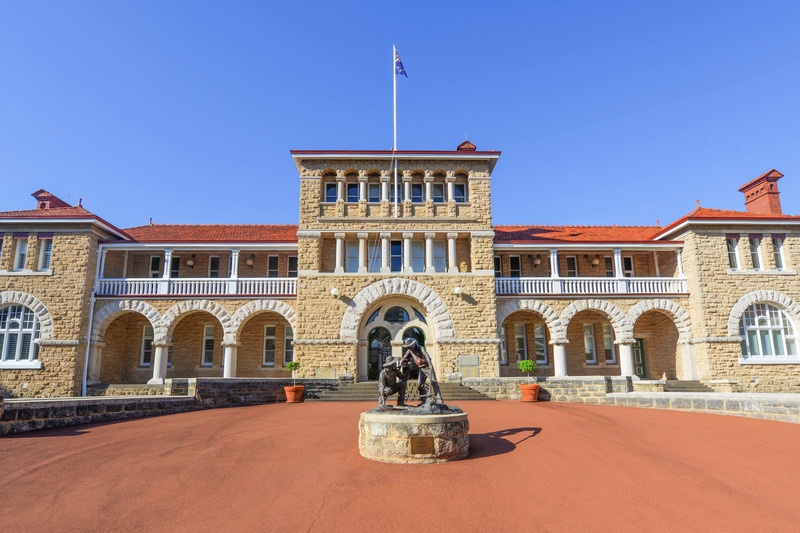Origin Energy CEO Frank Calabria warns Australia is ill-prepared for the rapid changes set to reshape its energy landscape as coal-fired power stations retire over the next decade.
Speaking at a recent industry conference, Calabria emphasised the urgent need for comprehensive energy market reforms to support the transition to renewables and avoid power shortages or price surges.
“We’ve got this enormous transformation of the energy sector required,” he said.
“We need to do it as smoothly as possible for customers and we need to make sure the lights are on at all times.”
Coal to exit the grid
Coal, which has long dominated Australia’s energy mix, is facing rising costs and fierce competition from cleaner alternatives.
The Australian Energy Market Operator (AEMO) expects coal to exit the grid entirely by 2040, with at least half of eastern Australia’s coal-fired plants set to close within a decade. However, Calabria warned that delays in decision-making could hinder the transition.
Efforts to achieve the Federal Government’s 2030 targets, including a 43% emissions reduction and increasing renewable energy’s grid share to 82%, are supported by initiatives like the Capacity Investment Scheme.
However, gas-fired power, which Calabria views as essential for bridging gaps during low renewable output, is excluded from federal funding under the scheme.
“Not everyone has the same support for gas. But if you look at what’s required if you are going to close coal ... we do need to have a scalable, long-duration technology that can go for days.”
Calabria also highlighted the potential of virtual power plants — aggregated networks of home solar panels and batteries — to stabilise the grid. He called for updated market rules and stressed the importance of post-2030 reforms to sustain the energy transition beyond current targets.
Australia is undergoing one of the world’s fastest energy transitions but Calabria warned that delays in building renewable projects and transmission infrastructure were jeopardising energy stability. He urged stakeholders to avoid divisive rhetoric and prioritise long-term planning.
